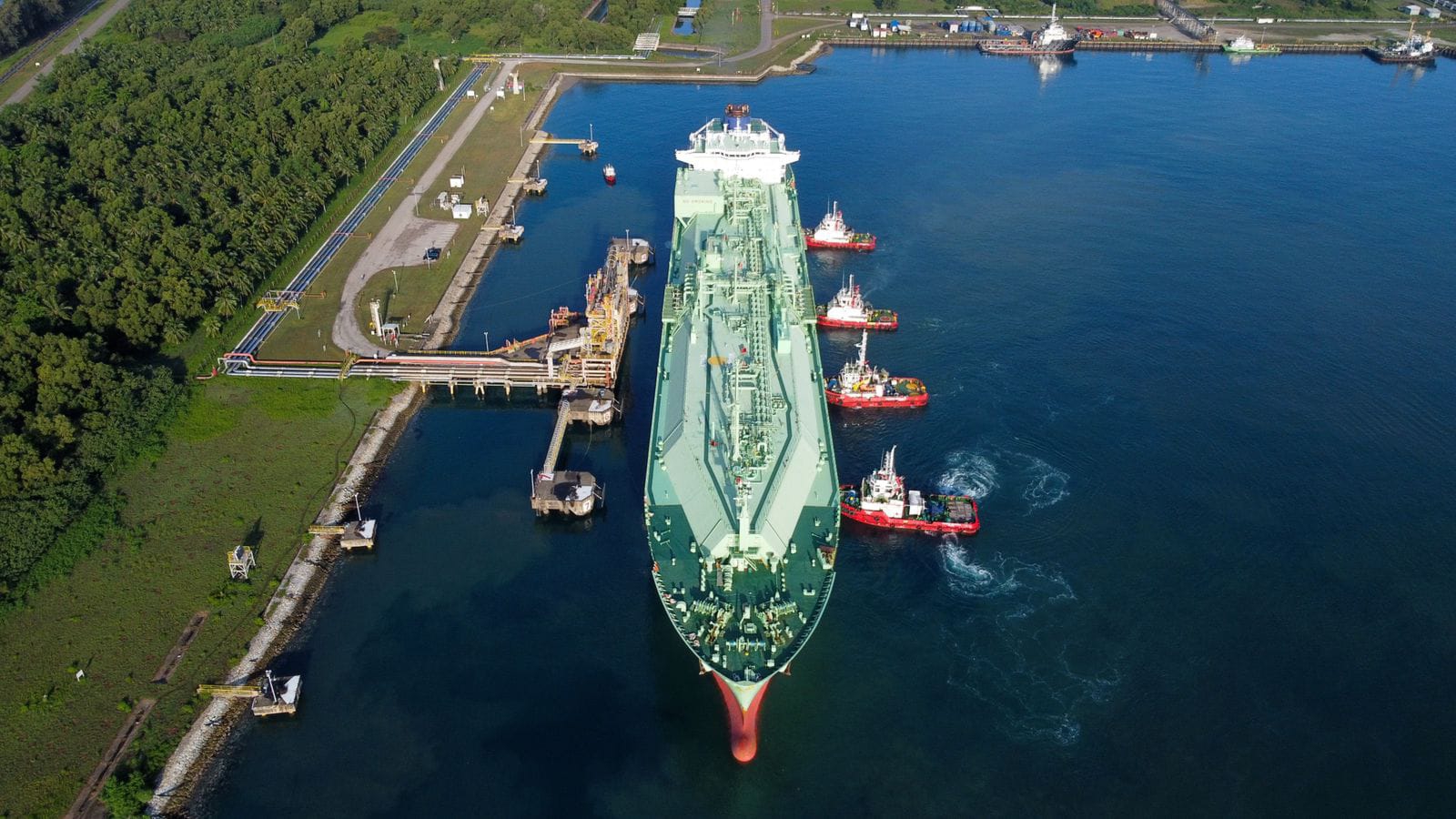Kembali Ke Beranda
18 Feb 2024
PGN's Strategy to Overcome Challenges and Optimize Natural Gas Utilization in the Energy Transition
Jakarta – PT PGN Tbk, as a Subholding Gas of Pertamina, continues to support the increased utilization of natural gas and the synergy of managing the entire natural gas supply chain, from upstream to downstream, during the energy transition with the mission "Connecting Clean Energy for Sustainable Growth." To address these challenges, PGN applies the principle of balance in the "Energy Trilemma" to optimize natural gas utilization and realize its role as a transitional energy source towards the Net Zero Emission target by 2060.
The Energy Trilemma consists of three key elements:
- Energy Security (Secure & Reliable)
- Energy Equity (Affordable & Available)
- Environmental Sustainability (Green & Clean)
PGN's Director of Strategy and Business Development, Rosa Permata Sari, explained that in order to ensure Energy Security, PGN is optimistic about playing an active role in maintaining energy resilience, especially in utilizing natural gas. With a gas infrastructure network spanning over 31,000 km and four LNG terminals, PGN holds a crucial position as the largest natural gas infrastructure manager in Indonesia. This network is expected to ensure a reliable and interconnected natural gas supply across various regions in Indonesia. PGN also sees significant potential for future gas supply in regions such as Northern Sumatra, Sulawesi, East Kalimantan, and Papua.
"PGN ensures that domestic energy supply reaches a broad area while maintaining effective and efficient services. We will continue to develop energy infrastructure to meet current and future needs, with LNG being the dominant gas supply for the future," Rosa said (Feb 18, 2024).
Regarding Energy Equity, PGN strives to make natural gas supply more accessible and affordable for the public. Compared to other energy sources, natural gas remains relatively more affordable. PGN offers gas services at a range of USD 6 – 13.87 per MMBTU, which is below the cost of RON 90 (Pertalite) at USD 17.3, LPG 12 KG at USD 26.20, and HSD at USD 41.18.
For Environmental Sustainability, PGN focuses on reducing emissions, both now and in the future, as part of global environmental priorities. PGN aims to promote natural gas, including LNG, as a primary energy option, considering its relatively lower carbon emissions compared to coal and other fossil fuels. The carbon emissions of natural gas are 59 KG CO2 per MMBTU, much lower than LPG (66 KG CO2), gasoline (72 KG CO2), petroleum (77 KG CO2), and coal (98 KG CO2) per MMBTU.
Rosa emphasized that optimizing natural gas utilization during the energy transition is crucial for energy resilience. As oil production declines and natural gas consumption increases, there is a risk of increasing imports and trade deficits. Therefore, alternative energy utilization, such as natural gas, is necessary to reduce dependence on and imports of fuel.
Natural gas can be a viable alternative energy source, as reserves of natural gas are larger than oil reserves in both Indonesia and globally. "From an economic standpoint, it’s more advantageous. Furthermore, long-term utilization planning is essential. We cannot move forward alone in the midstream and downstream sectors. Synergy, intensive communication, and collaboration among stakeholders are crucial to ensure transparent and reliable energy services for the public," Rosa added.
With abundant gas resources, besides being supplied to existing customers such as the electricity, industrial, land transportation, SME, commercial, and residential sectors, natural gas utilization can be expanded to large-scale users such as sea & land logistics transportation, refineries, oil lifting, and power generation. The expansion and increase in the utilization volume of domestic natural gas will yield optimal multiplier effects for both society and the nation.
"Collaboration between the government and energy companies is crucial to ensure the sustainable management of natural gas utilization, which will have long-term positive impacts," concluded Rosa.
Kembali Ke Beranda











